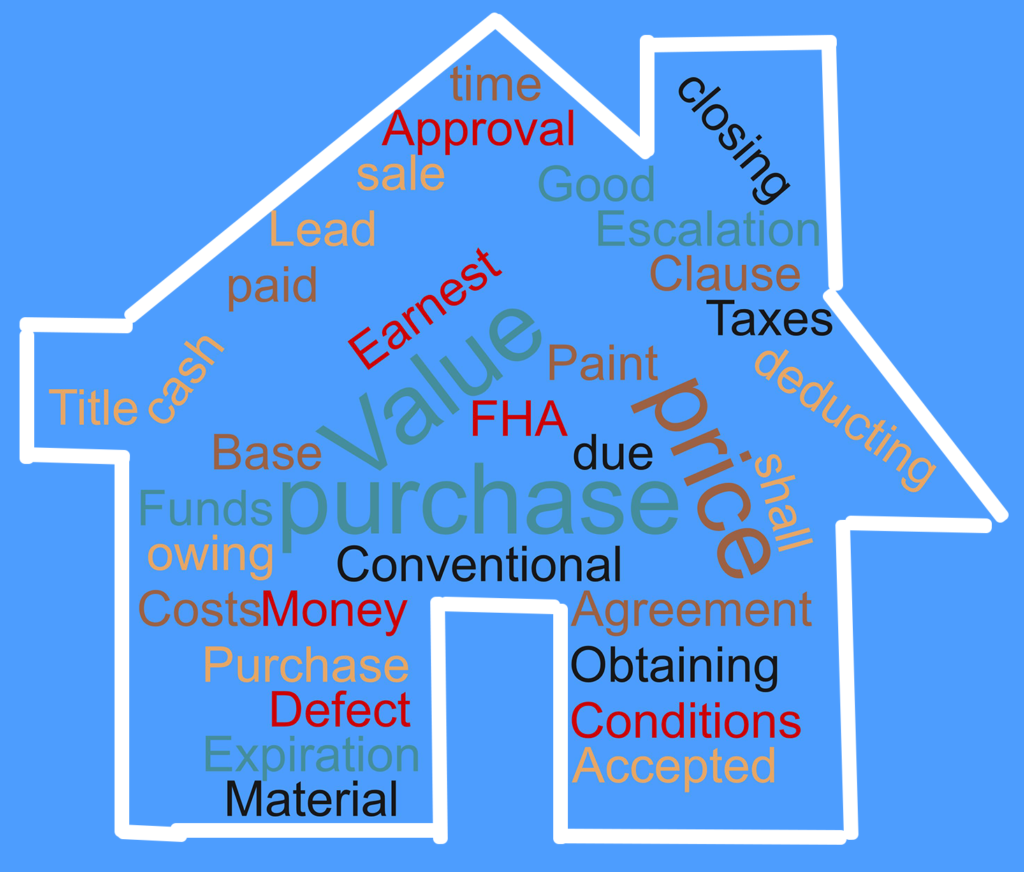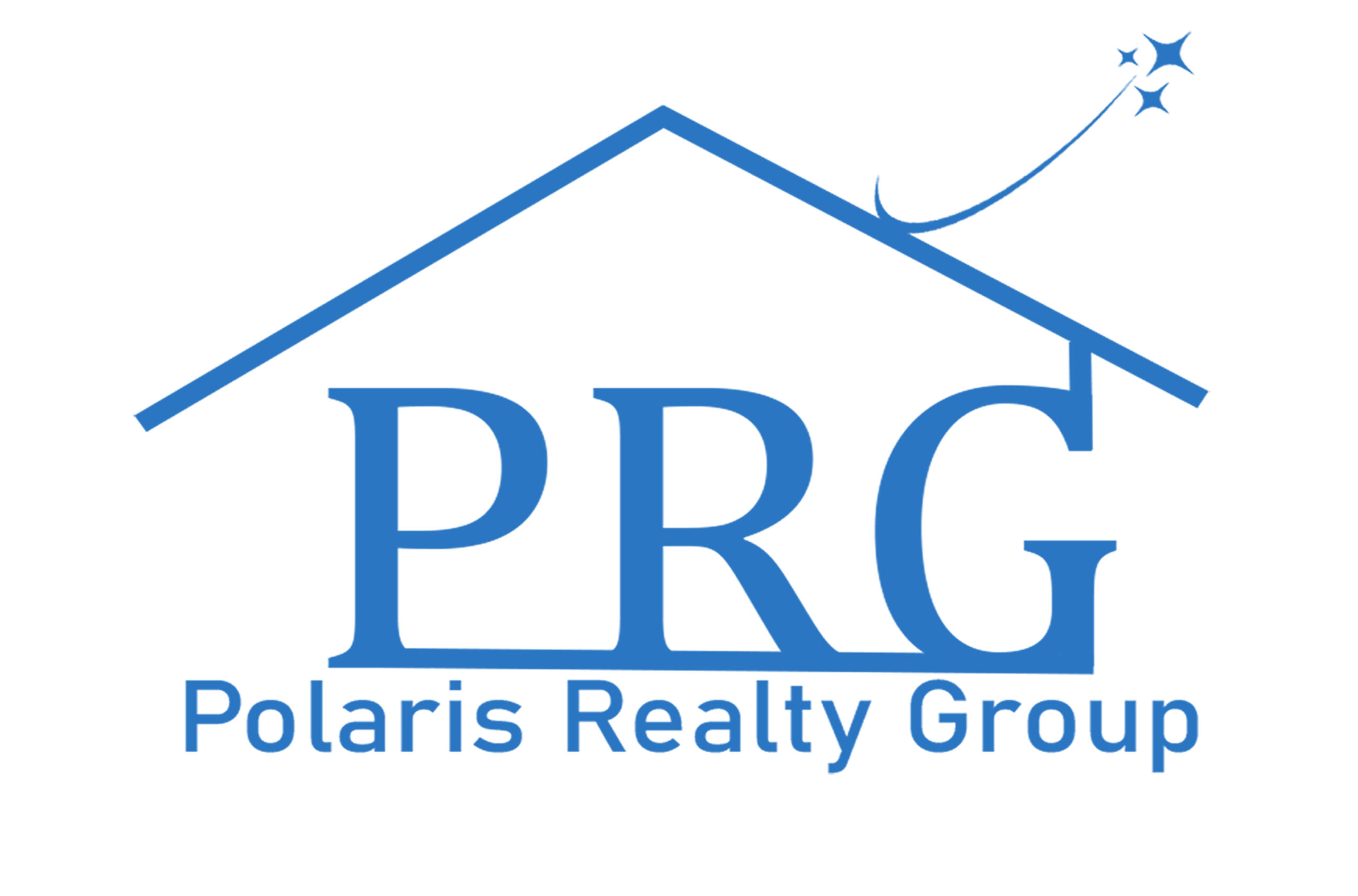
No matter what industry you’re in there is terminology you will to understand or at least have a basic knowledge of if you wish to navigate successfully. In real estate its no different. Your agent should be able to help you understand the jargon used during your transaction. So, don’t be afraid to ask your agent to explain terms you are not clear on. It’s your agent’s job to make sure you understand what is happening during your transaction.
With that said it would be helpful for you to have a basic comprehension of some of the more commonly used terms before you begin your home journey.
Below are some of the most widely used terms.
1. Appraisal
2. Assessed Value vs. Appraised Value
3. Closing Costs
4. Contingencies
5. Escrow
6. Home Inspection
7. Mortgage
8. Title Insurance
Appraisal
An appraisal is an opinion of the value of the home, performed by a professional appraiser. Most mortgage lenders will require an appraisal before the home can be purchased. This is to ensure that the buyer is not paying more than the home is worth for the property. This is based on recent home sales, market conditions, the appraiser’s opinion, and an analysis of the property.
Assessed Value vs. Appraised Value
The assessed value of your home determines your annual property tax. The assessed value considers location data and comparable home in the area. You can have varying taxes for several homes in the same neighborhood depending on the exemptions for each homeowner.
The appraised value looks at the home’s value based on a point in time. As mentioned earlier this is completed during the mortgage process and is used as a condition for a mortgage loan.
Closing Costs
Closing is when the title of the home is transferred from the seller to the buyer. These fees should be disclosed to you at least a two to three days prior to closing on your home. Some of these fees can be negotiated between buyer and seller. Closing costs can vary from county to county.
Contingencies
Contingencies refer to the conditions of your Purchase Agreement. Generally, buyers include a variety of contingencies in the P.A., such as inspection, title, financing, and appraisal. Your agent should explain these options before you make an offer on a property.
Escrow
Escrow is where a third party holds funds before they are transferred from one party to another. Once conditions are agreed upon by both parties, the third party will release the funds to the parties involved in the transaction.
Home Inspection
A home inspection will give you an idea of what type of condition the home is in before you buy. A qualified home inspector will look at the home’s plumbing, HVAC system, structure, electrical system, interior components, and roof covering. Any conditions that may affect the home’s structure should be included in the inspection report.
Mortgage Loan
A mortgage is a type of loan that is used to finance property.
Meaning that your mortgage is a secured loan. With a secured loan, the buyer promises to pay the loan back by using the home they are purchasing as collateral. If the buyer stops making payments to the lender the home can be foreclosed on.
Title Insurance
Title insurance protects lenders and buyers from financial loss due to defects in a title to a property. When a home is bought, sold or financed, a record of that transaction is archived into public records. When you purchase title insurance for your home, a title company will look through records for several types of ownership issues. After the title company is done searching, they will give you a title insurance policy to help shield you from any issues they could not find during their initial search. The most common claims filed against a title are back taxes, liens, and conflicting wills.
Being familiar with these terms will have you home selling and buying experience a little less stressful.
By. R . Jones

